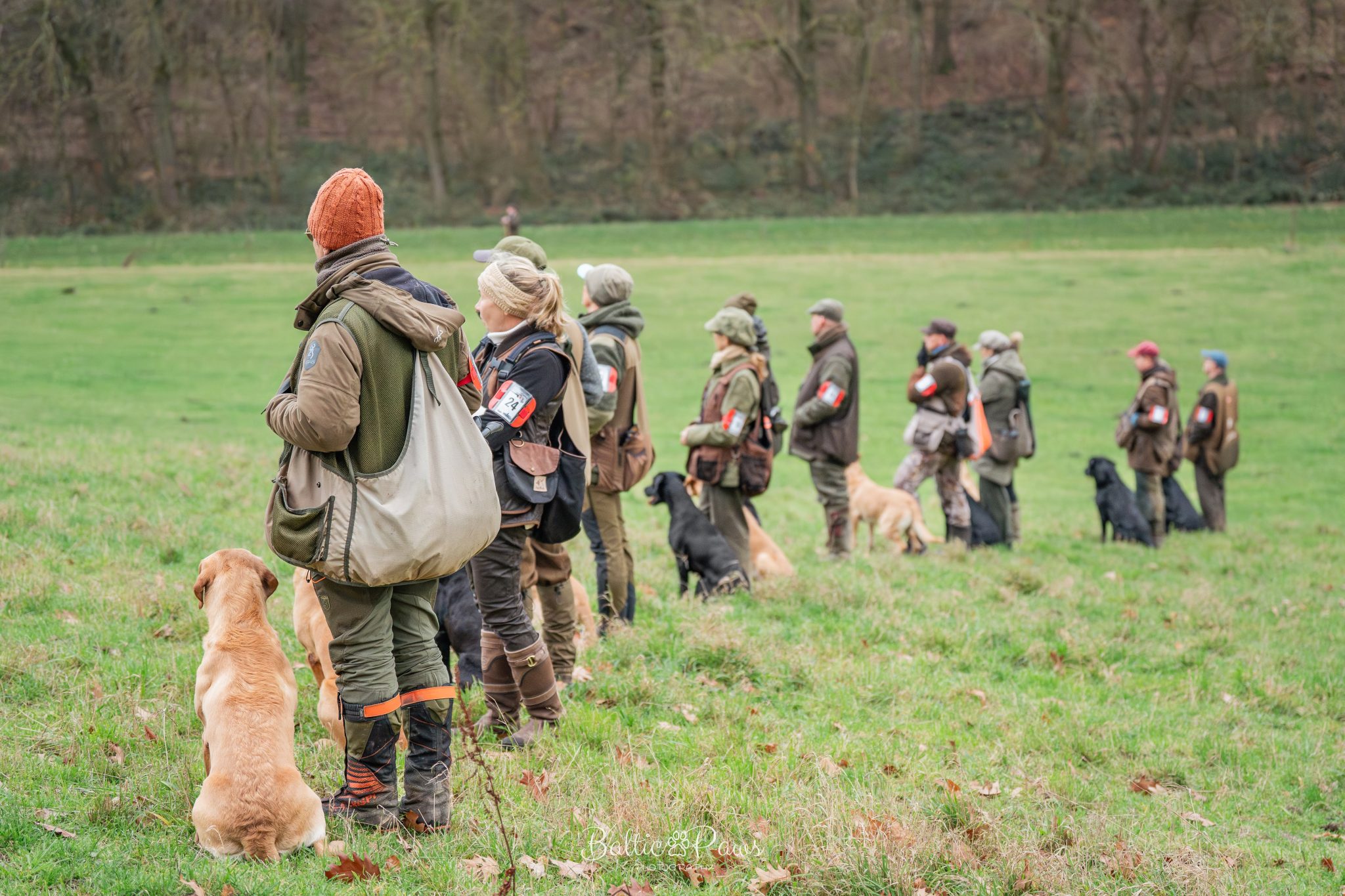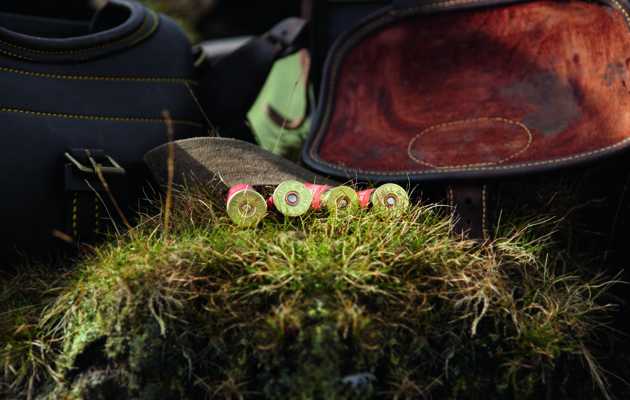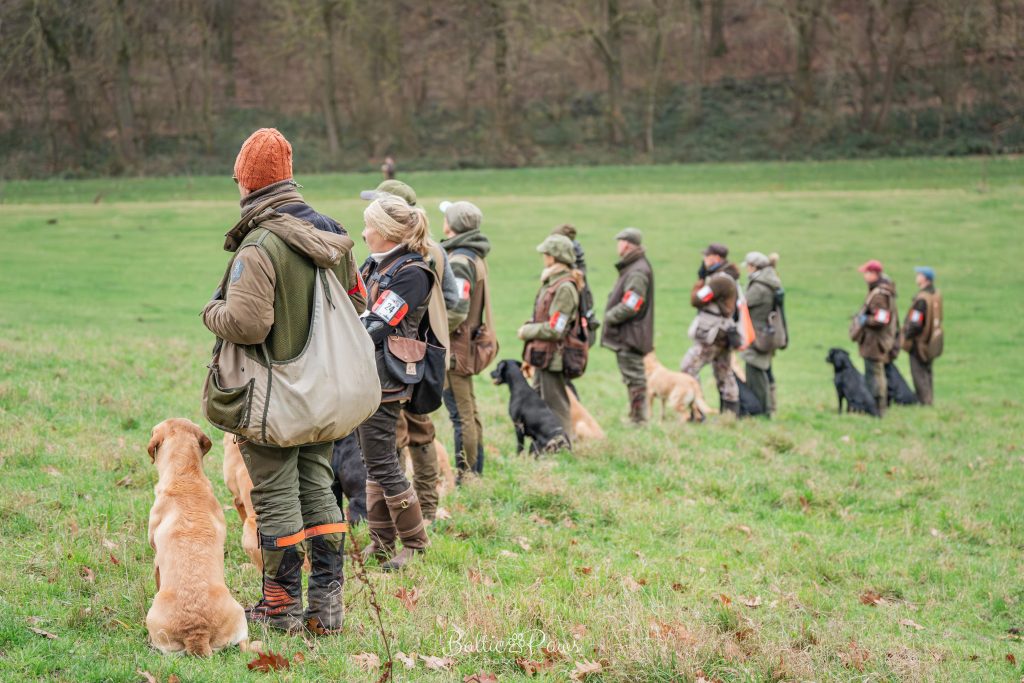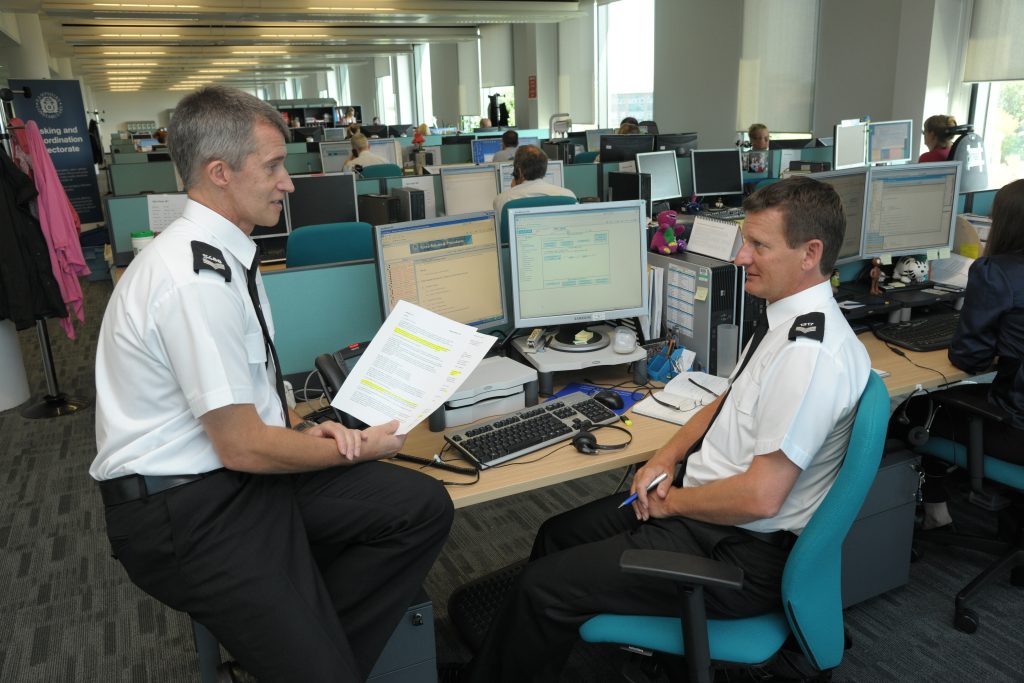No sound evidence, no change” is the firmly held position of every British shooting organisation on lead ammunition. This means…
The countdown is on for The British Shooting Show – book tickets online today and save on gate price!
Shooting groups write new lead ammunition report
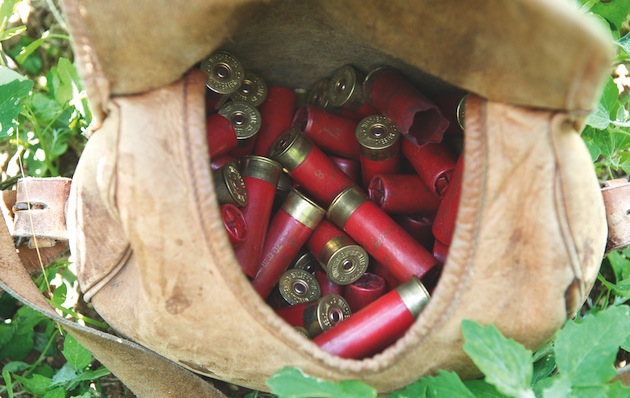
A second report on the possible health risks posed by the use of lead ammunition was submitted to DEFRA two weeks ago, authored by the four organisations that have been most closely involved in the lead ammunition debate.
The new 14-page report, which has yet to be made public, suggests that DEFRA looks at only “sound evidence” of lead ammunition’s impact on wildlife, human health and livestock and work on mitigation measures based upon that evidence.
It was written by the Countryside Alliance (CA), the Gun Trade Association (GTA), the National Game Dealers Association (NGDA) and the CLA and details their own findings and recommendations.
Logical and scientific
In a covering letter to secretary of state Liz Truss MP, the groups argue that their approach is more logical and scientific than that of LAG chairman John Swift.
BASC also signed the letter and helped the organisations with the report, though the shooting group was not a member of the LAG.
Members of the four organisations — all of whom were brought into the group for expertise in their particular field, rather than to represent their groups — resigned from the LAG (News, 27 May and 17 June) citing a lack of confidence in its process and in group chairman, and former chief executive of BASC, John Swift, after he circulated a draft of his planned report. He has since submitted it to DEFRA, despite half of the group having resigned in protest.
Mitigating risks posed by lead ammunition
The new report is believed to discuss proposed mitigation measures accepted by all the organisations that helped to write it, including increasing compliance with the existing law covering shooting wildfowl, boosting the publicity of health advice from the Food Standards Agency and looking into game meat handling and the way in which it can be improved.
The report also explores the main issues raised by John Swift’s initial report, including those laid out by LAG members Dr Debbie Pain, of the Wildfowl & Wetlands Trust, and the RSPB’s Professor Rhys Green, in their sub group paper Evaluation of the Risks to Human Health.
It was this paper that CA chairman Sir Barney White-Spunner referred to in his resignation letter to Mr Swift when he wrote: “For such an important paper not to be authored by fully qualified medical professionals questions the whole basis of your process.”
Other LAG members to resign include the GTA’s John Batley, the NGDA’s Stephen Crouch and the CLA’s Mark Tufnell. Ian Coghill of the GWCT resigned last year, but the GWCT has not been involved in the preparation of the new report.
The LAG was set up in April 2010 to advise DEFRA on any risks to human or animal life posed by lead ammunition and ways in which to mitigate those risks.
Related Articles
Get the latest news delivered direct to your door
Subscribe to Shooting Times & Country
Discover the ultimate companion for field sports enthusiasts with Shooting Times & Country Magazine, the UK’s leading weekly publication that has been at the forefront of shooting culture since 1882. Subscribers gain access to expert tips, comprehensive gear reviews, seasonal advice and a vibrant community of like-minded shooters.
Save on shop price when you subscribe with weekly issues featuring in-depth articles on gundog training, exclusive member offers and access to the digital back issue library. A Shooting Times & Country subscription is more than a magazine, don’t just read about the countryside; immerse yourself in its most authoritative and engaging publication.





